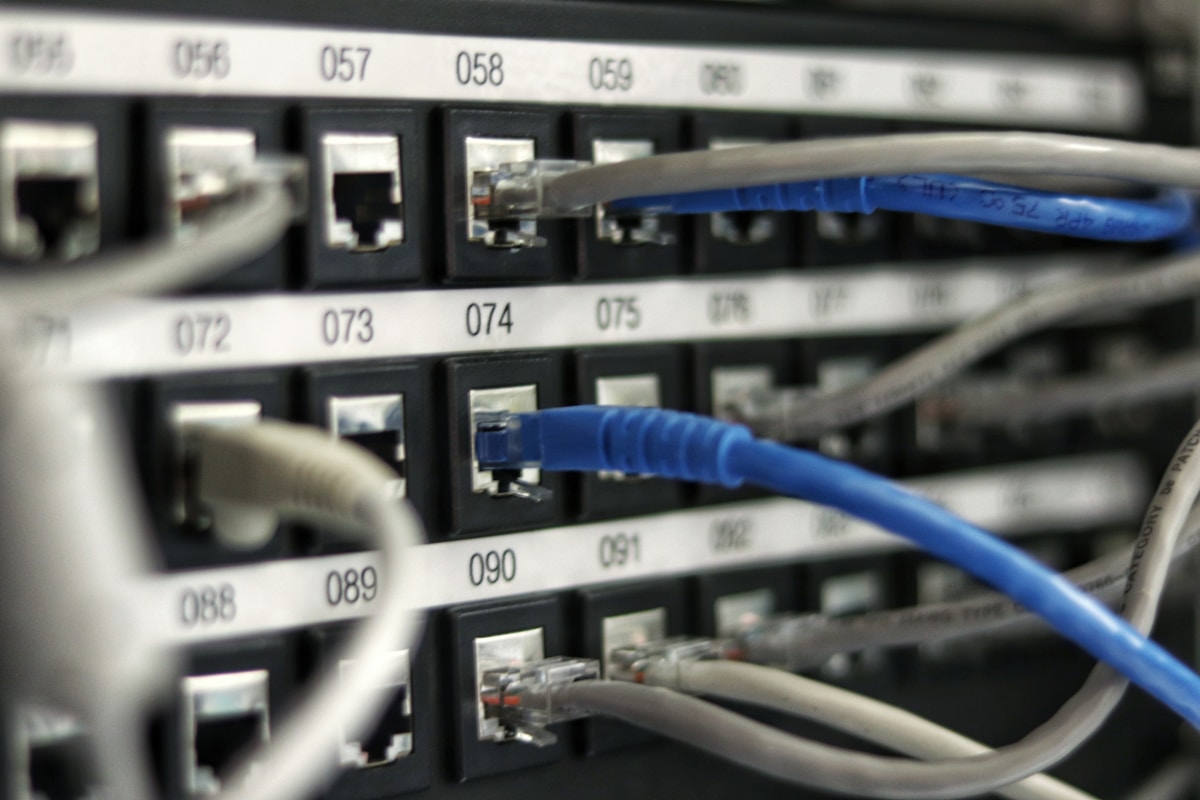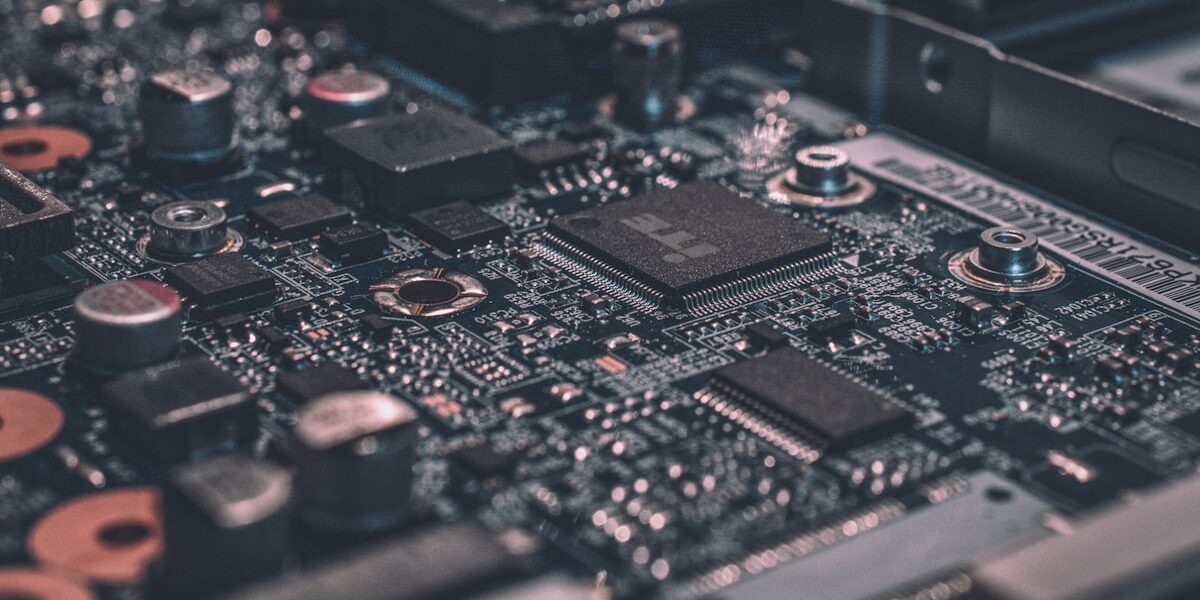AI Certification: Elevating Your Career in Artificial Intelligence
The field of artificial intelligence (AI) is growing rapidly. Many professionals are looking to get certified to stay ahead. AI certification validates your skills and knowledge.
What is AI Certification?
AI certification is a credential that demonstrates expertise in AI. It typically involves passing an exam. Some certifications also require completing a course. Certifications come from various organizations, including tech companies and educational institutions.
Why Pursue AI Certification?
- Competitive Edge: Certifications can set you apart from other candidates.
- Career Advancement: They may help you get promoted or qualify for higher-paying jobs.
- Networking Opportunities: Many certification programs offer access to communities of experts.
- Skill Validation: Certifications prove that you have the skills needed in the field.
Top AI Certifications
Google Professional Machine Learning Engineer

Offered by Google. Focuses on designing, building, and productionalizing ML models. The exam tests your understanding of ML and AI concepts, practical implementation, and model maintenance.
Microsoft Certified: Azure AI Engineer Associate
Provided by Microsoft. Covers Azure AI services. Candidates should have skills in natural language processing, computer vision, and chatbot development. The exam assesses your abilities in AI solution development on Azure.
IBM AI Engineering Professional Certificate
Available through Coursera. Suitable for those interested in machine learning, deep learning, and AI. The program includes hands-on projects to ensure practical knowledge. It is a more extensive course with several modules.
Preparing for AI Certification
Preparation involves studying both theory and practical applications. Here are some steps:
- Review Exam Objectives: Know what topics the exam will cover.
- Take Online Courses: Many platforms offer courses specifically for certification.
- Practice Coding: Implement AI models using languages like Python.
- Join Study Groups: Collaborate with others preparing for the same certification.
- Use Practice Tests: Familiarize yourself with the exam format and timing.
Resources for AI Certification
- Coursera: Offers various AI-related courses and certifications.
- edX: Partnered with top institutions to provide AI courses.
- Udacity: Known for its nano degree programs in AI.
- Khan Academy: Provides free resources on foundational mathematics for AI.
- GitHub: Open-source code repositories where you can find and share AI projects.
Real-world Applications of AI
Healthcare
AI is used in diagnostic imaging, predictive analytics, and personalized treatment plans. Algorithms can analyze medical images faster than humans and predict patient outcomes based on data patterns.
Finance
AI applications include fraud detection, customer service chatbots, and investment analysis. AI helps in identifying fraudulent activities by recognizing unusual patterns in transaction data.
Retail
Recommendation systems, inventory management, and personalized marketing rely on AI. These systems can analyze customer data to recommend products and predict inventory needs.
Transportation
Self-driving cars, traffic management, and predictive maintenance are key areas. AI helps in planning efficient routes and predicting vehicle malfunctions before they happen.
Challenges and Considerations
- Ethical Concerns: AI raises questions about job displacement, privacy, and decision-making biases.
- Data Quality: The effectiveness of AI depends on the quality of the data it processes.
- Regulation and Compliance: Laws governing AI are still evolving, impacting its implementation.
The Future of AI Certification
As AI technology advances, the need for certified professionals will grow. New certifications may emerge to address evolving skills and technologies. Continuous learning will be essential in this dynamic field.



